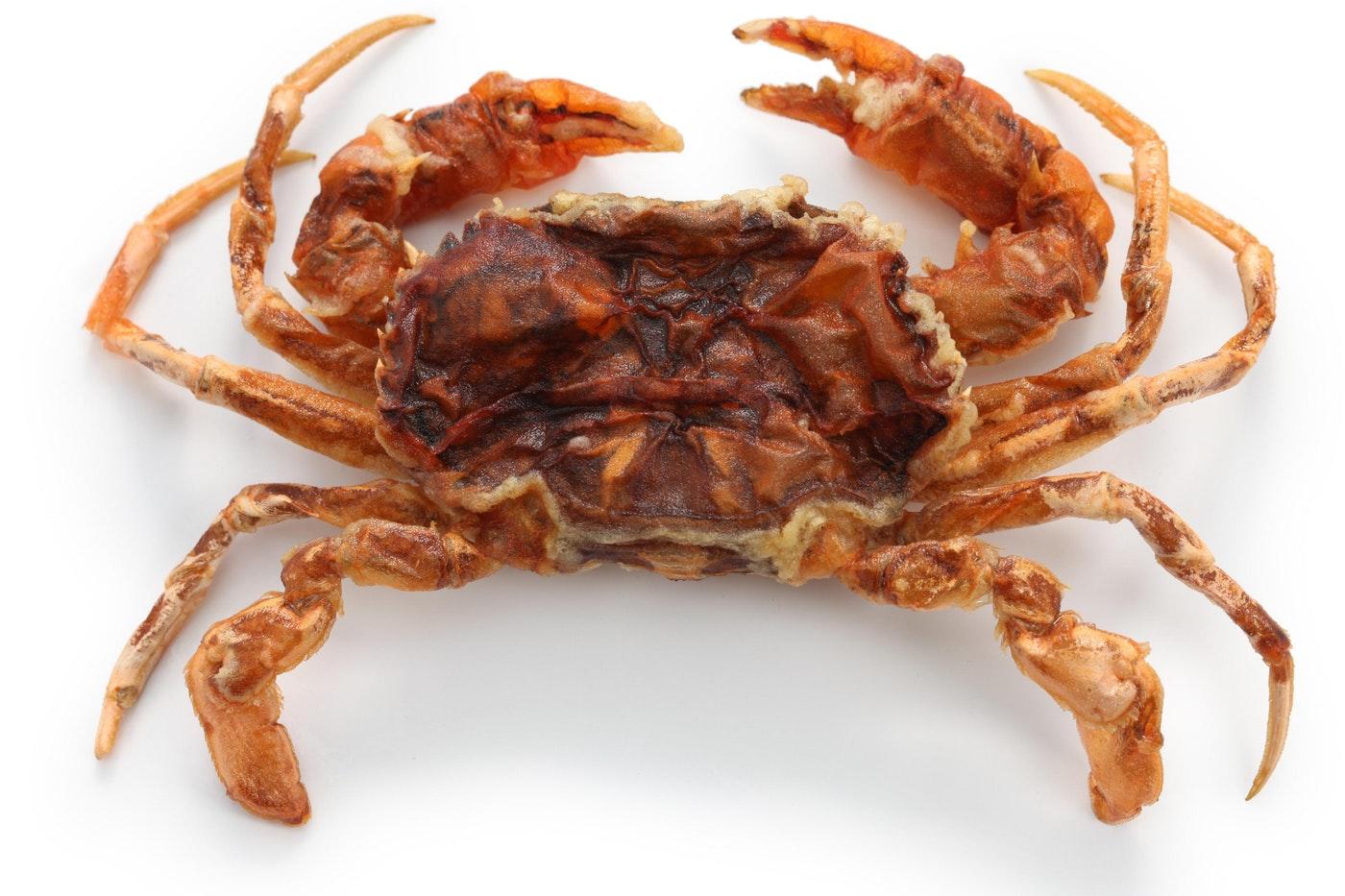Put on Those Party Shoes
As the holiday season begins, social festivities abound complete with song, wonderful food and drink. Often, people prone to gout develop symptoms as a result of party activities which cause them to miss future soirées due to pain and discomfort.
Gout is a medical condition caused by increased uric acid levels in the bloodstream. The uric acid is either produced in excess by your body or not excreted adequately by the kidneys. Gout develops when the uric acid crystallizes and the crystals deposit in joints, tendons, and tissue around the joint area. The symptoms are abrupt in onset, so they are often characterized as a gout “attack.” Men, people taking certain medications and those with a family history of gout are at increased risk.
Typically gout occurs at the base of the big toe in the metatarsal phalangeal joint, which becomes red, warm, swollen and extremely sore. Forget about trying to put on those party shoes!
If you develop symptoms, please consult your physician promptly to initiate treatment as well as rule out other possible diseases such as joint infection. Gout often occurs in conjunction with obesity, high blood pressure, hyperlipidemia and insulin resistance and diabetes. Frequently documented attacks may require daily preventative medications because, if left untreated, gout can lead to joint damage! Typical treatment includes NSAID medications, steroids and other prescription medications, which are most effective if started promptly.
Prevention can often be achieved by dietary changes. Uric acid is formed by the breakdown of purines, so avoiding foods high in purine content will limit available uric acid.
Common holiday party foods are often the culprit to attacks. If you are at risk for gout, consider avoiding the following:
1. Alcohol. This means no greater than two drinks per day for a man and one drink per day for a woman. During an attack, it is recommended that you avoid alcohol all together. Beer is actually worse, because it will increase uric acid levels as well as make it more difficult to clear the uric acid from your body.
2. Fructose, as in the dreaded High Fructose Corn Syrup (HFCS). If you have read my previous columns, you are already aware of this toxin. Avoid sweetened fruit and soft drinks as the body will be stimulated to produce more uric acid.
3. Meat and seafood. A limit of 4-6 oz. per day is advised. Especially avoid herring, tuna, anchovies, lamb, goose and turkey, and wild meats. Red meat such as beef and pork is cautioned. Chicken and duck are advised as better options.
4. Organ meats such as liver, sweetbreads and kidneys.
5. Asparagus, cauliflower, spinach and mushrooms: Dine in moderation. These foods also provide health benefits so just don’t overdo your intake.
Before you skip the party and change into pajamas, consider adding the following items to your lifestyle as they may be beneficial to avoiding an attack:
1. Unsweetened tea, coffee, juice and water at a minimum of 12 to 16 cups of fluid per day.
2. Low-fat dairy products
3. Fruits—especially citrus fruits and cherries.
4. Vitamin C
5. Physical exercise
A lifestyle based on a desirable body weight and incorporating physical fitness have also been shown to decrease the risk of elevated levels of uric acid.
In addition, while in the midst of the holiday season, maintain your current level of physical activity and exercise by making it a priority in your day. Exercise will help you control your stress and diet. Aim to remain “weight neutral.” See you at the party!











Leave a Reply